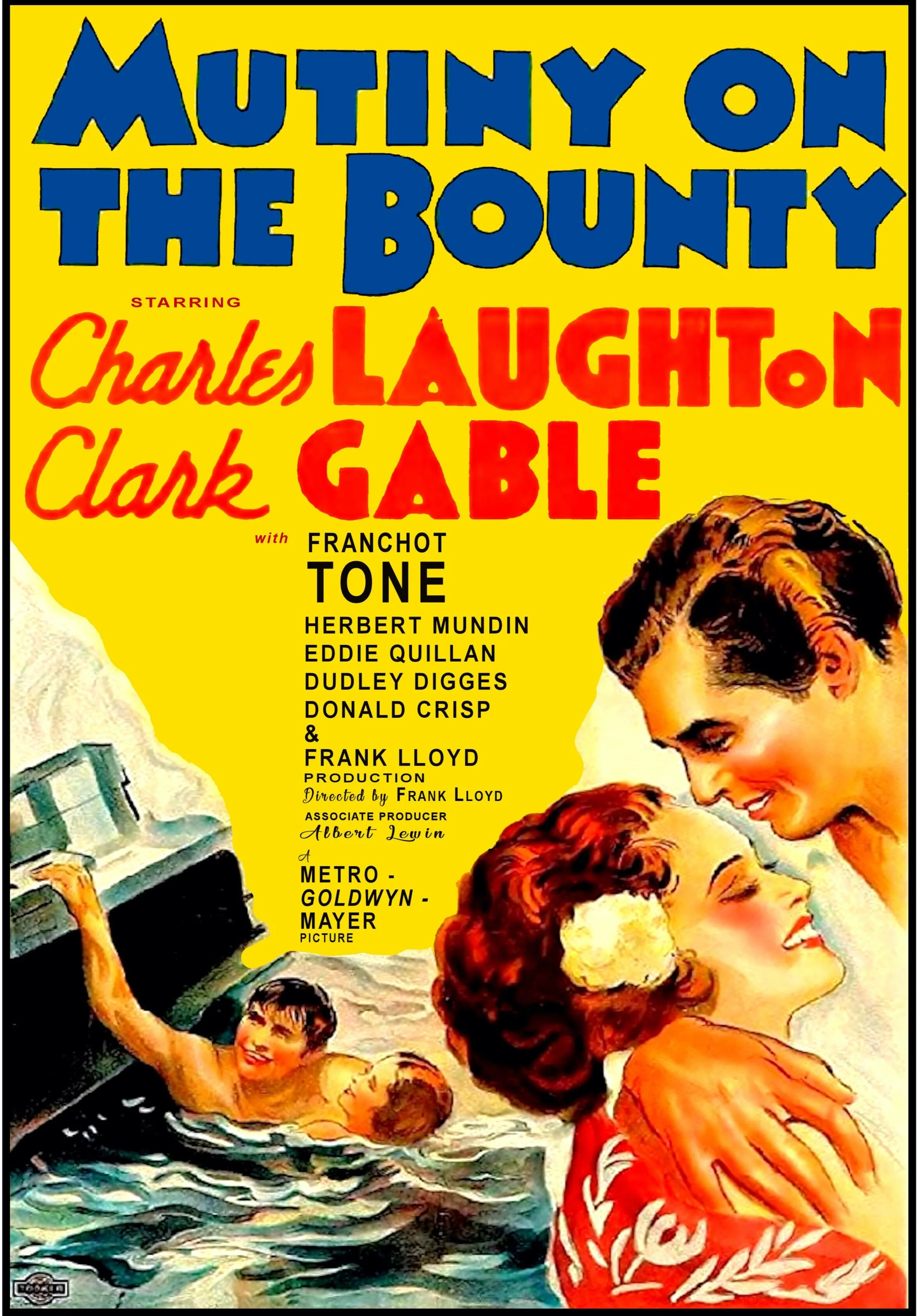It Happened One Night (1934)
Written by Robert Riskin
Directed by Frank Capra
It’s an odd-numbered film, so guess what? I (mostly) liked it! The streak continues!
So far, we’ve had two films dealing primarily with war, two dramas with large casts, one western, and one musical. Here, we’re introduced to another genre: the Romantic Comedy. Like westerns and musicals, romantic comedies don’t seem to get a lot of Academy love when it comes to Best Picture; they seem to prefer their comedy with a heathy side dose of drama alongside it. To side-note a little here (and perhaps it’s still much too early in this marathon to do so), but it’s a shame that the Academy is so focused on a certain caliber of film to be worthy of the prize. I recall the Academy’s amazement at the success of The Lord of the Rings: The Return of the King and feeling troubled: doesn’t the Academy recognize its own bias when it itself is amazed that a fantasy film could win? But, I digress.
Clark Gable and Claudette Colbert
It Happened One Night is distinctive also in that it is the first film, and only one of three, to win all “Big Five” awards of the evening: Best Picture, Best Actor, Best Actress, Best Director, and Best Screenplay (Original or Adapted). This is, obviously, quite an achievement, but without having seen the other nominees, it’s hard to say how warranted the film was in receiving them. Since it’s a big milestone, let’s talk about each.
First, the screenplay. I suppose I’m glad that I was told this was a comedy before I saw it, because while I wouldn’t have called it a drama, per se, I probably would have viewed it with a different lens. In short, I smiled, but I don’t recall that I ever actually laughed. It’s hard to say where the disconnect comes from, but my hunch is time itself: 84 years later, and things that were funny then just probably aren’t now. Had I been a contemporary seeing the film, I probably would have laughed a lot, simply because I think most comedies are a product of their time; the older something gets, the less relevant the comedy to a modern audience (to me, the best comedies are ones that manage to transcend that, and some certainly do). This also still goes into the relative newness of the medium at the time: films were still silent a mere eight years prior.
The comedy here stems from a lot of zippy one-liners, and are mostly given to Clark Gable’s character, Peter Warne. There isn’t a lot of physical comedy present, so the screenplay definitely needs actors to elevate the words from the page, rather than letting the situation dictate the comedy; I guess what I’m saying is, if I have to choose, I prefer a comedy that stems from a situation than from just quips being thrown out.
Gable strips down and causes an implosion of the men’s undershirt market
But, the film is a ROMANTIC comedy, and the romance part of the screenplay is pretty well done. Unmarried men and women sharing hotel rooms (even in separate beds) is still pretty racy for the time, so a unique solution is provided: the characters hang a large blanket between the beds to provide a sense of decency for them (and the audience). Warne DOES strip down shirtless in front of Claudette Colbert’s Ellie (allegedly making sales of undershirts plummet, as Gable doesn’t wear one in the scene), but that’s about as racy as the film gets. The blanket is a great symbol of the physical and emotional wall between the characters. Ellie has eloped with another man, but the two are falling in love, and 1934 audiences would be sure to clutch their pearls if adultery were implied. Therefore, the “Wall of Jericho”, as the blanket is christened, serves to visually remind the audience of the plot points that hold the two characters back (and gets a nice payoff in the final scene).
The direction of the film is tough to judge, as the nature of the film (essentially, a road trip), relegates much of the action to buses, cars, and cramped hotel rooms and offices. As such, Capra isn’t allowed much room to let his camera breathe, so the filmmaking itself isn’t necessarily groundbreaking. As the film reaches its climax, the action opens up a bit, and we start to see grander, more complex shots.
The “Wall of Jericho” between the leads
The performances of the two lead characters are pretty good, although it’s strange to me to see Clark Gable doing comedy (I’m only familiar with his work in Gone With the Wind, which I’ve only seen once (for now)). I’m not at all familiar with Claudette Colbert’s work, but the two pair well together, and both seem to epitomize their characters. Gable’s is exhausting after a while, as his mood swings are unpredictable and bizarre (it’s explained that it’s his reaction to falling in love, which is...yeah, I can’t justify that). It pays off a bit by the end of the film, but it’s a tough bit to get through to arrive there.
Overall, despite some of the problems, the film is still enjoyable to watch. I wouldn’t call it a favorite, by any means, but I don’t feel any worse for wear for having seen it. It’s a solid average entry into the long list of Best Picture winners.
FINAL GRADE: B





